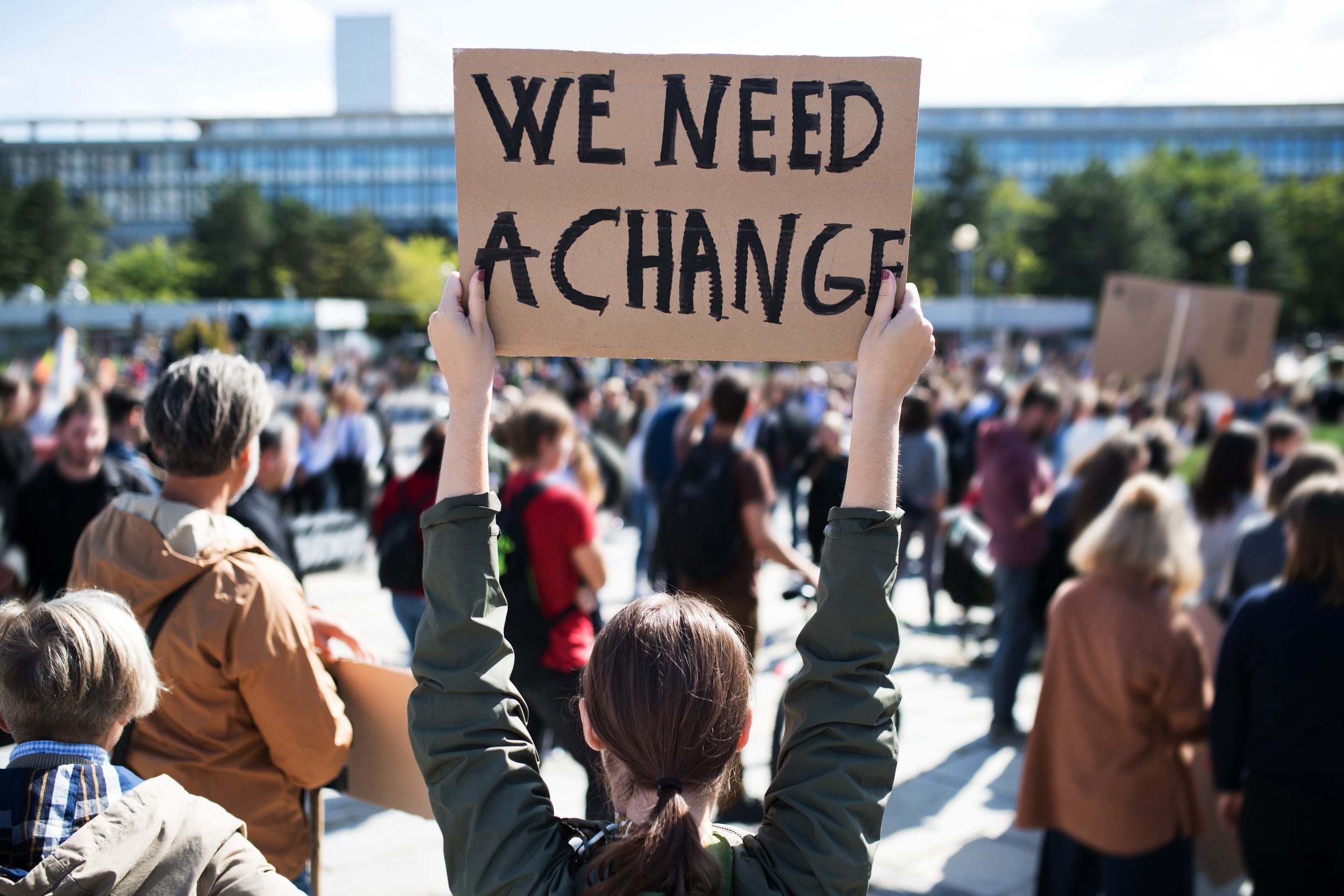The Social Contract
Years ago, I was at a conference that likely was sponsored by ASAE but to be honest, the fog of memory clouds my vision. I do remember that it was the early era of online connecting because we were talking about online bulletin boards. Yes, dear reader, there was a bygone era when we didn’t have online communities where we could participate in real time. We had bulletin boards where you posted a message and hoped that someone, somewhere would read it and respond. We called them, jokingly, “Monuments to Inactivity.” This was our way of building communities in the first days of virtual living.
But what I remember most about this conference was having a conversation with Jeff De Cagna about communities and making them work – likely because we had just had a presentation on online bulletin boards. We somehow moved into a conversation about society at large, and I asked Jeff this very simple question: Why do you stop at a stop sign?
He replied, “because it’s the law.” I shook my head, “No, that’s not why.” Then he said, “Because I don’t want to get into an accident.” I continued shaking my head no. Becoming somewhat exasperated with me, he said, “Because I don’t want my insurance to increase because I get a ticket??” and I said no, not that either.
The law is not necessarily the influence because criminals don’t care about the law, and how many times have you seen someone run a red light?
It’s not necessarily a safety question, although not a bad option. Despite most drivers not remembering how to handle a four way stop at an intersection, you are more likely to be wondering if it’s your turn to go.
None of us want our insurance to increase either, but that is a strong fiscal motivator.
Why then, do we stop at a stop sign? Because we agreed to stop at the stop sign. That is the heart of the Social Contract: people agree to follow laws or regulations or rules as a member of society. If these rules are not followed by all, then society begins to unravel and breakdown. A Wikipedia article I read includes this thought:
The central assertion that social contract theory approaches is that law and political order are not natural, but human creations. The social contract and the political order it creates are simply the means towards an end—the benefit of the individuals involved—and legitimate only to the extent that they fulfill their part of the agreement.
This applies directly to nonprofit organizations because whether a 501c3 or 501c6, donors and members CHOOSE to support and/or join. It is not required. In order to encourage and maintain a strong and vibrant organization, those involved must feel there is value in “following the rules” of belonging. There must be consistent and fair application of the rules to all, and unacceptable or negative behavior cannot be tolerated.
We cannot continue to use the excuse “that’s the way it is” or “that’s the way we’ve always done it.” We continue to bemoan the state of affairs at nonprofit organizations when we are the ones who created and now maintain the systems that no longer serve us. Our communities are unraveling and we are the only ones who can repair them.
Some food for thought as we approach the Thanksgiving holiday, where we enjoy food for our bodies. Refresh your spirit too by thinking differently about our profession and how we do things.


